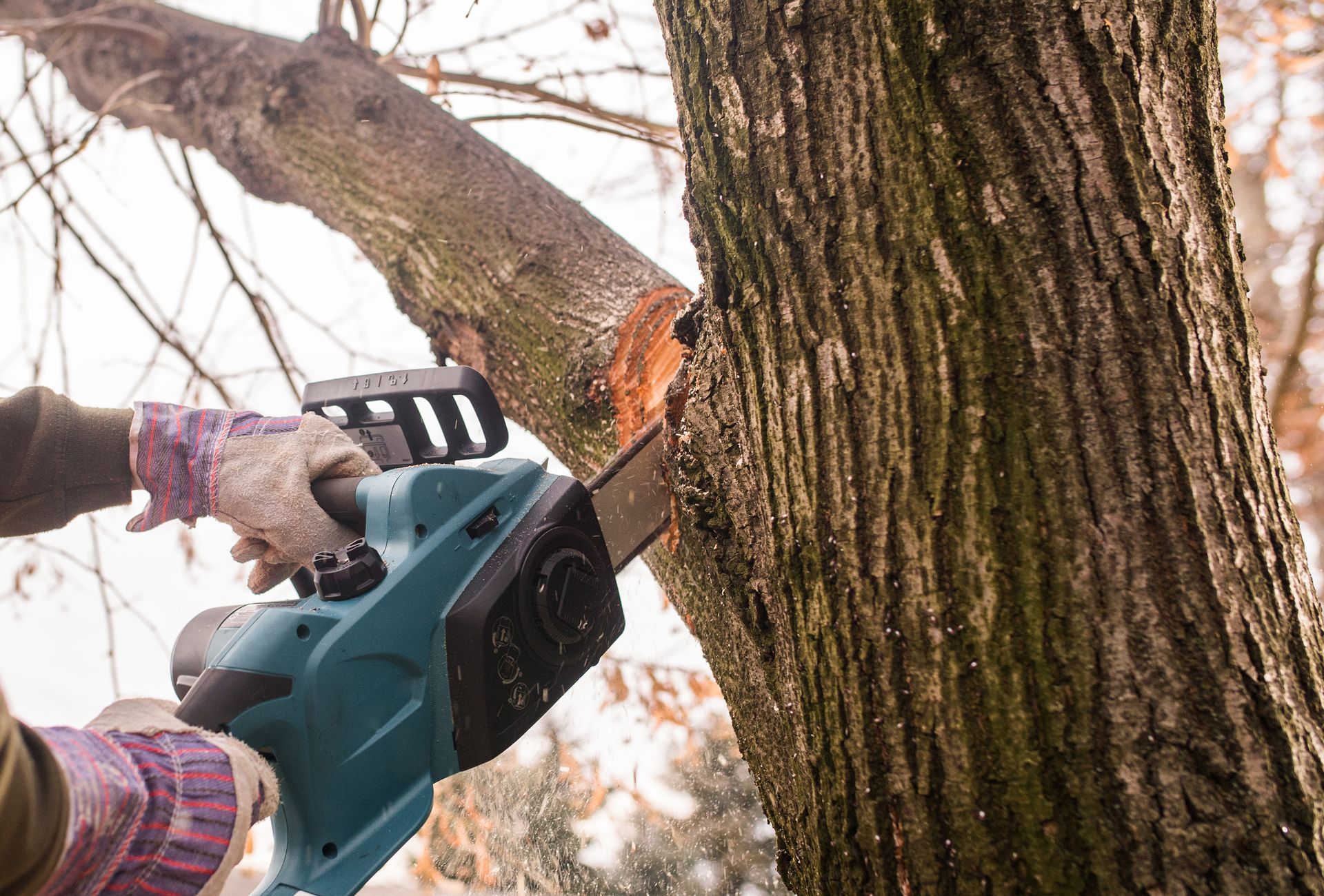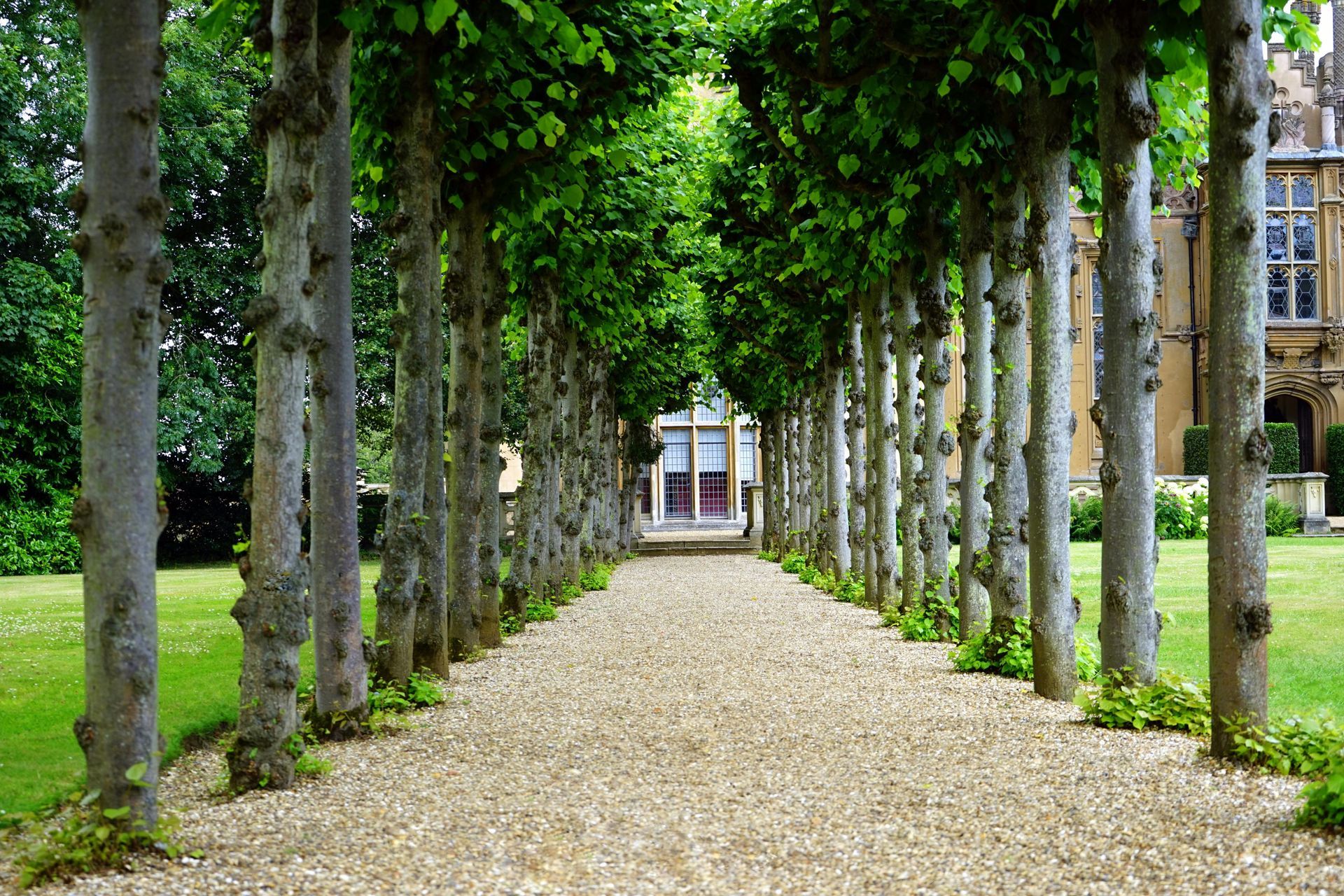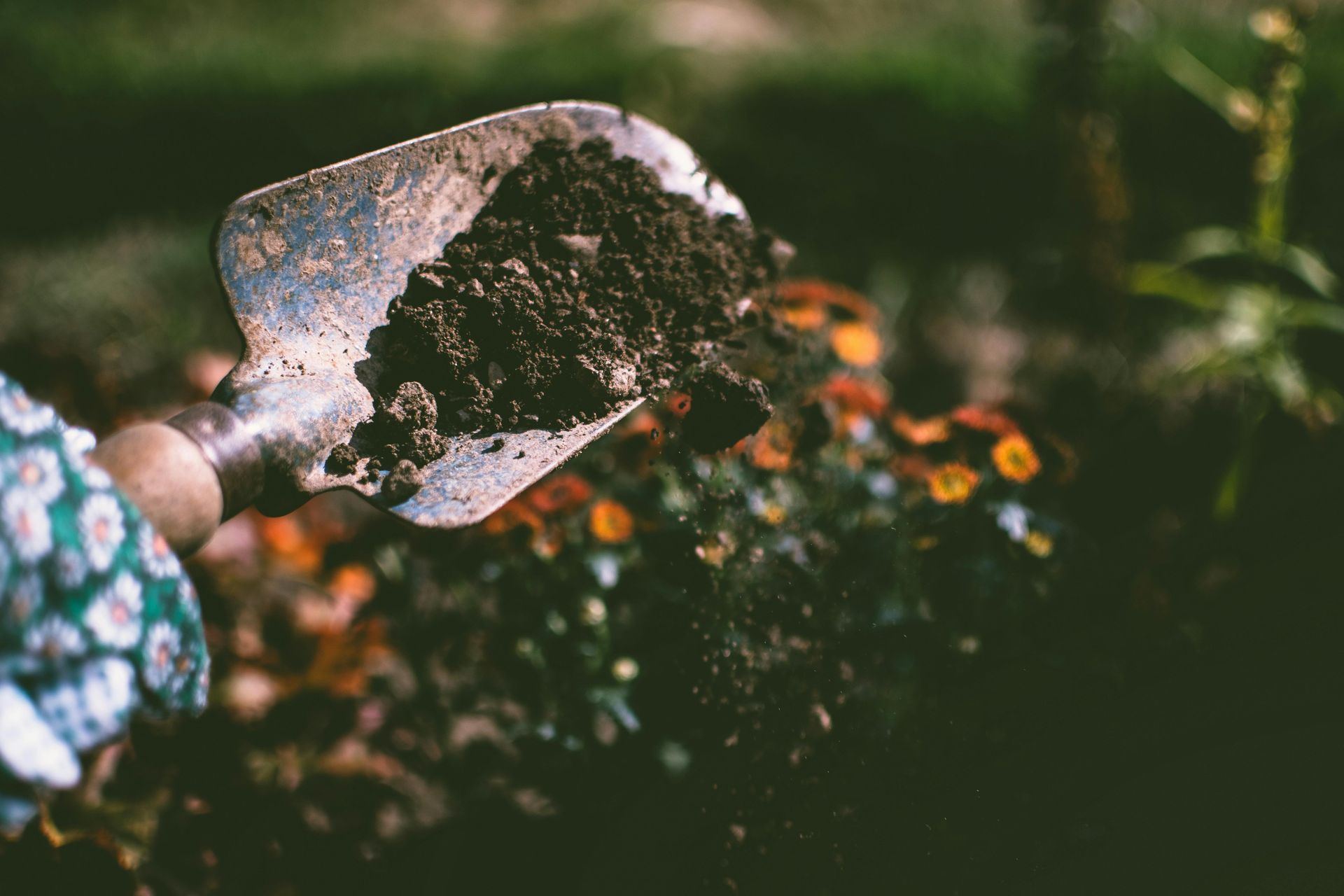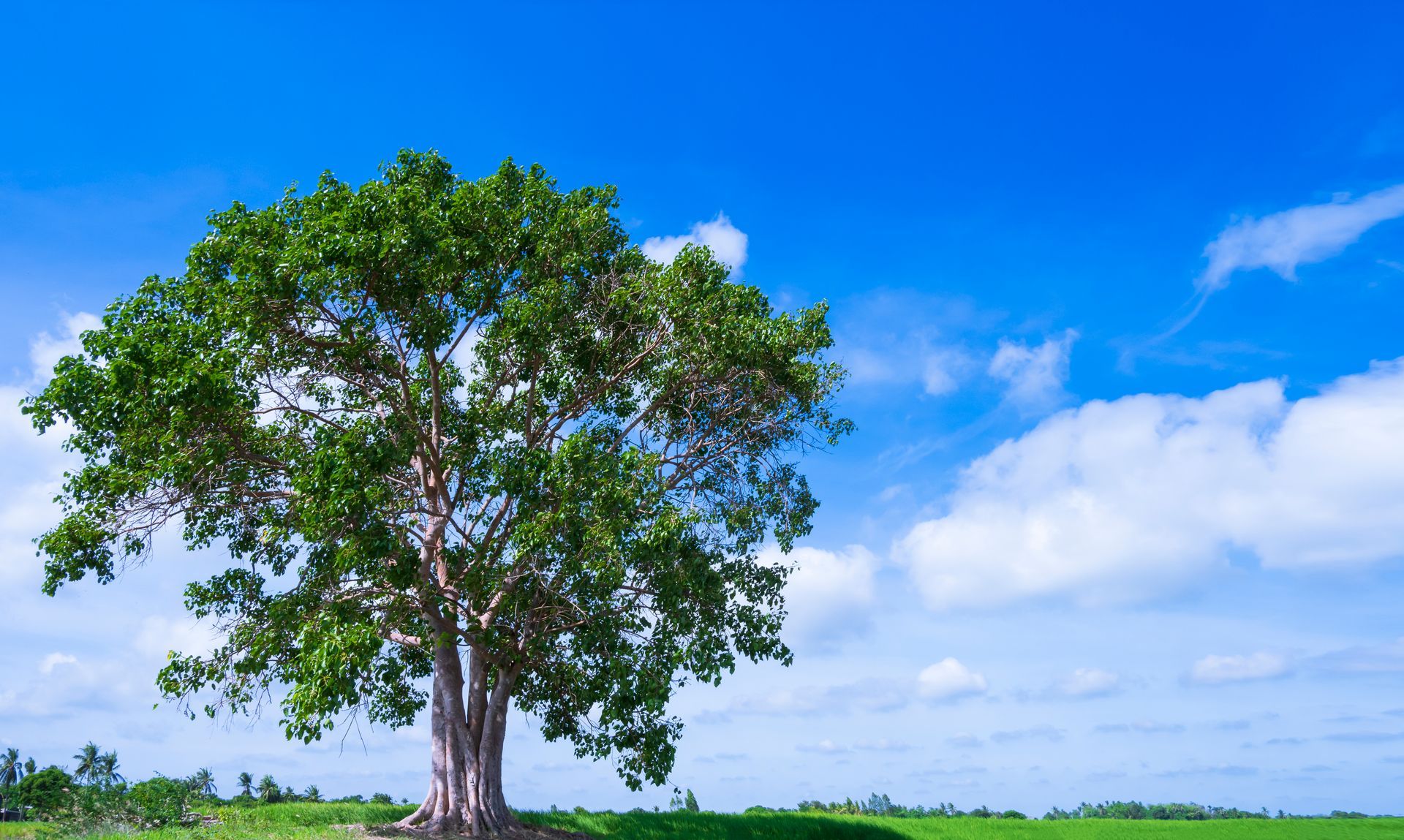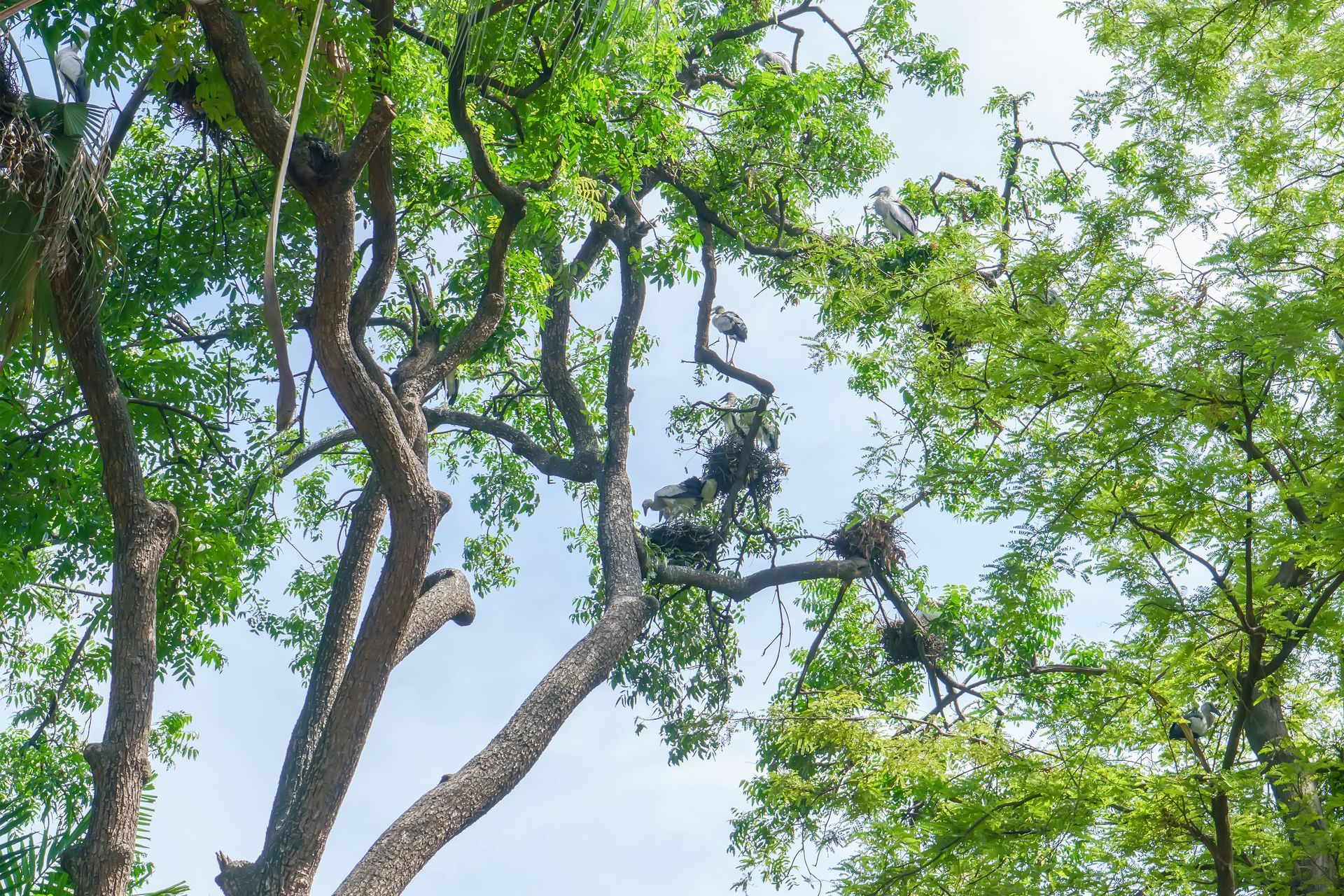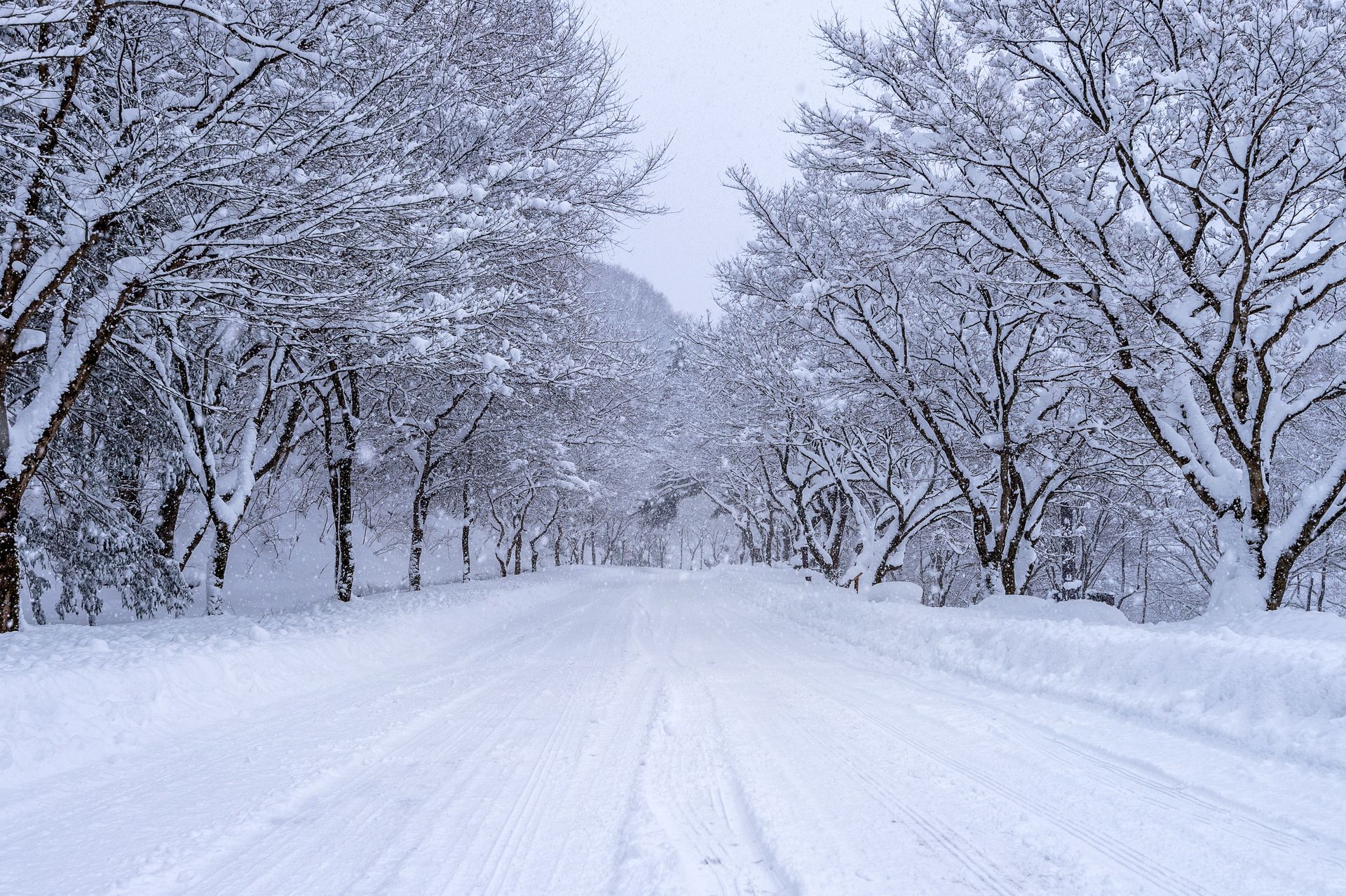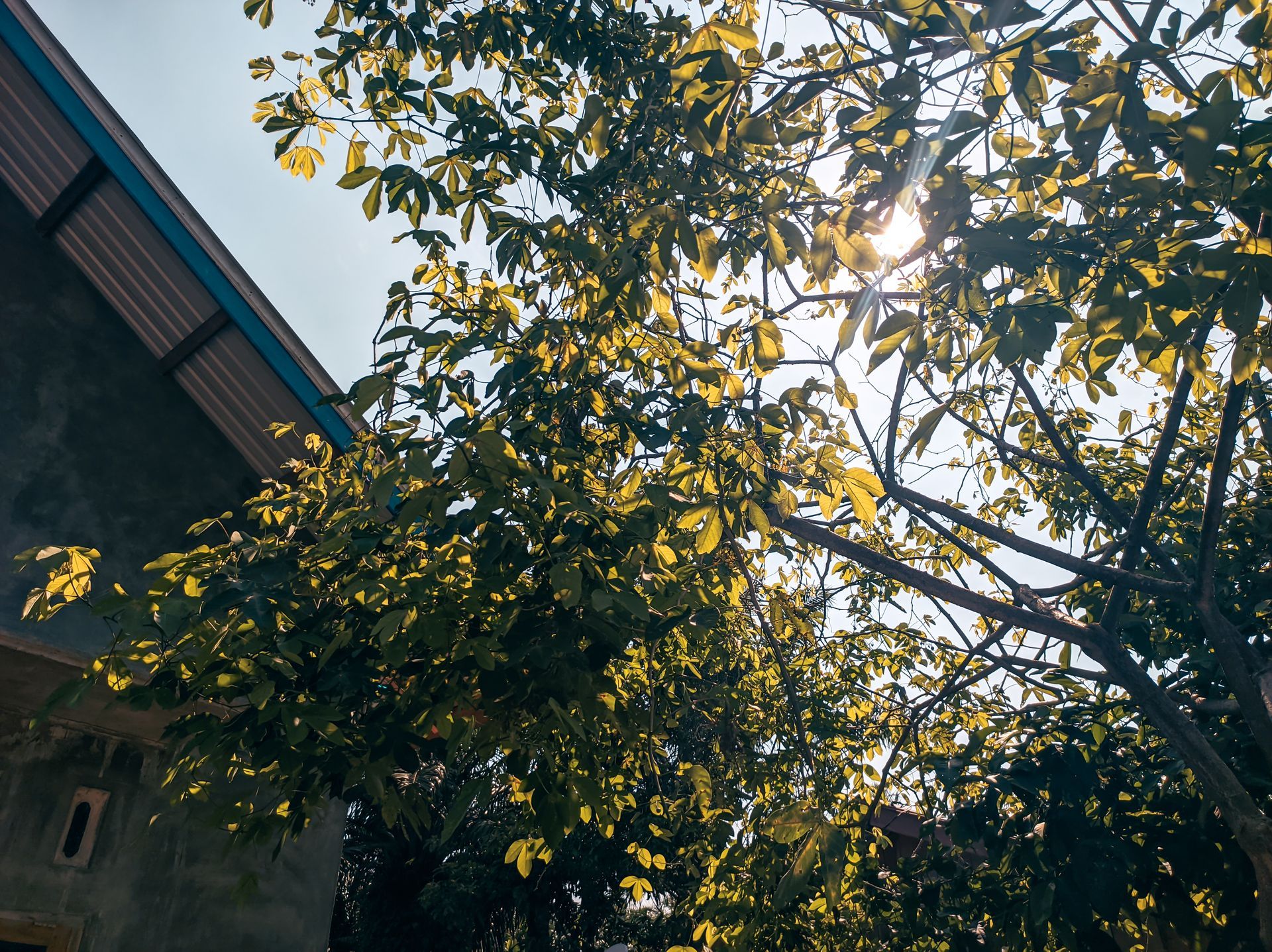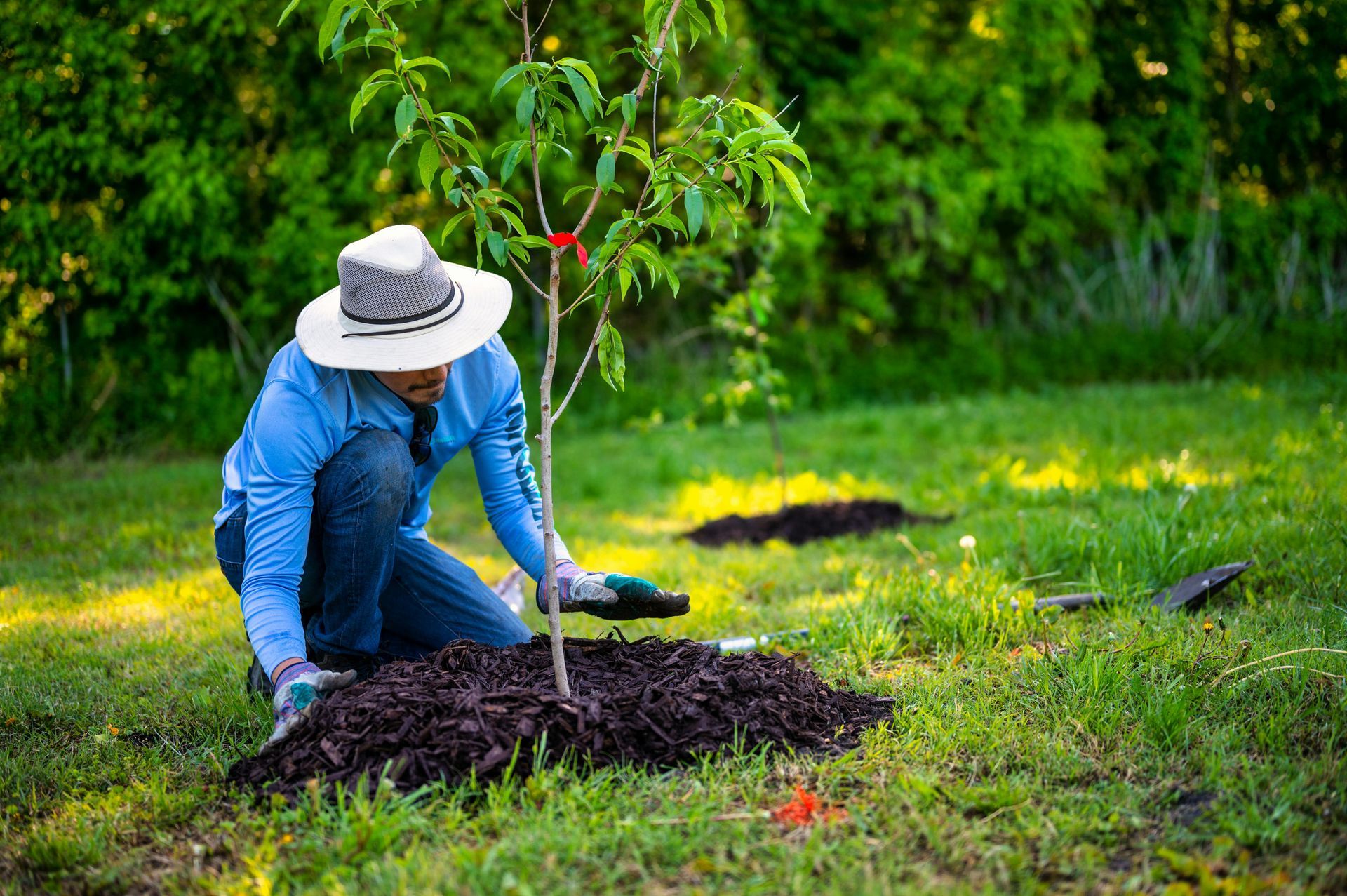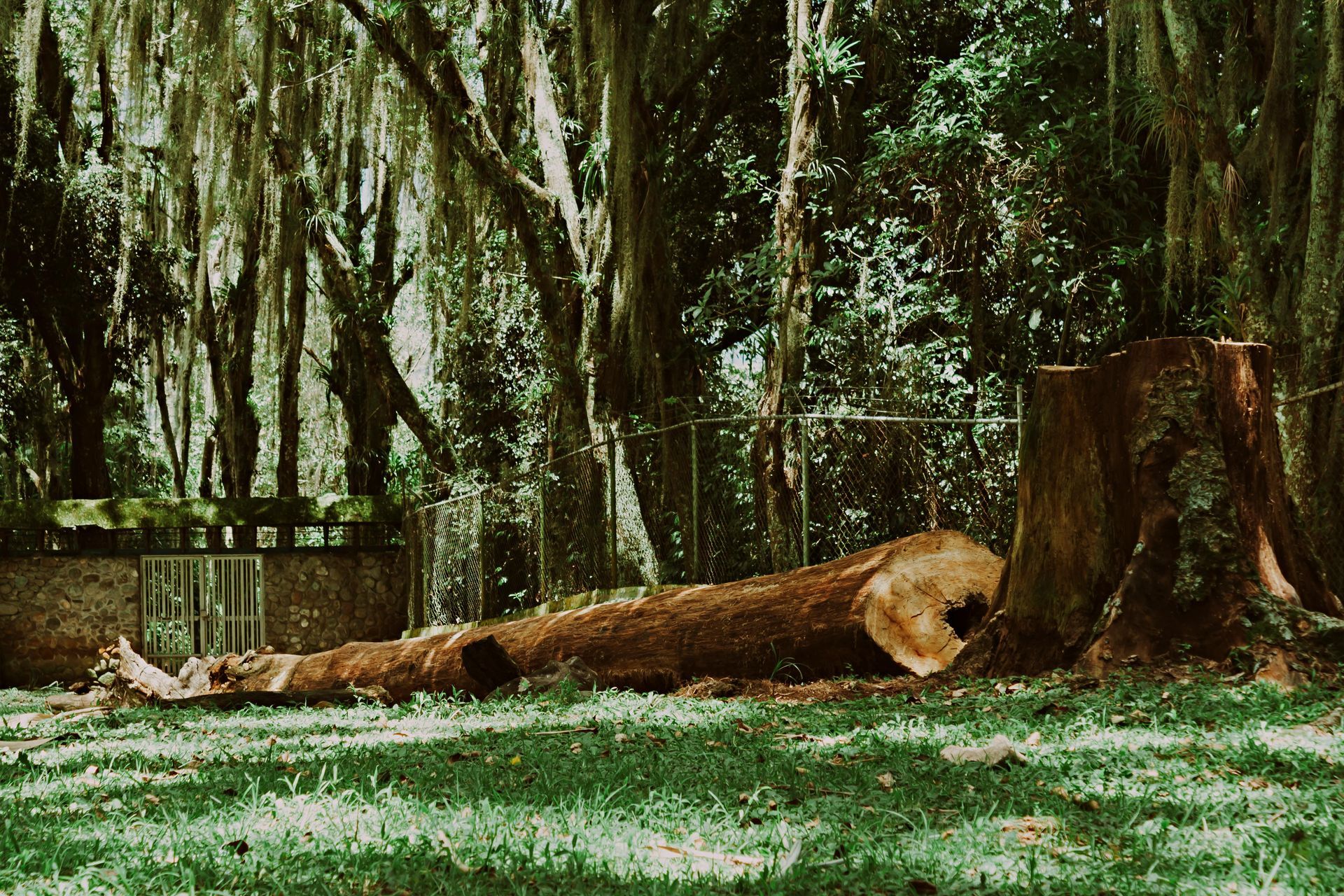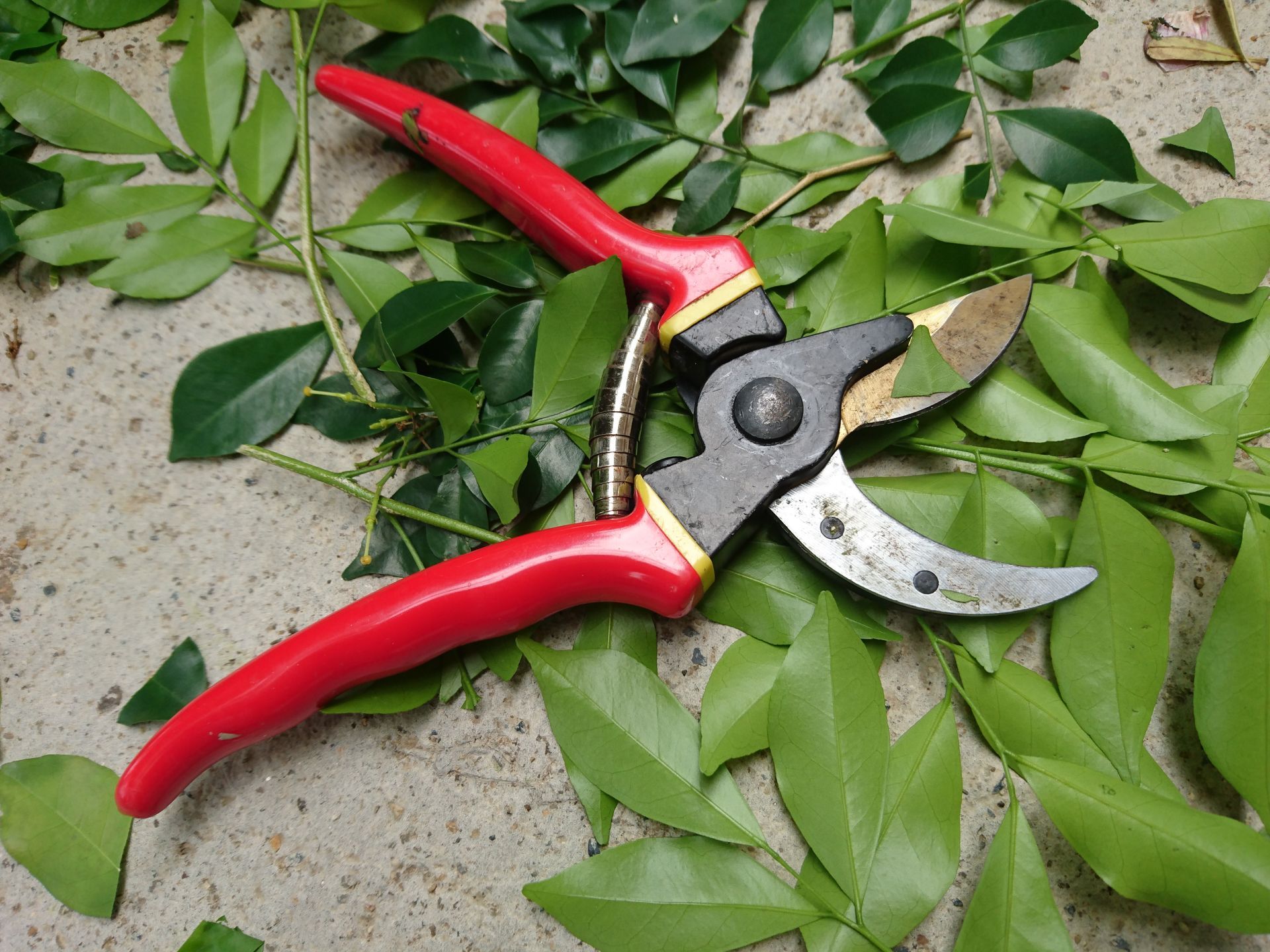Lamb Family Tree Care LLC
Organic vs. Synthetic Fertilizers: What’s Best for Your Trees?
When it comes to keeping your trees healthy and vibrant, the debate between organic and synthetic fertilizers is a big one. Whether you’re a seasoned gardener or a tree enthusiast just starting out, understanding the differences between these two types of fertilizers can help you make the best choice for your leafy friends. In this guide, we’ll break down the pros and cons of both options, explore their effects on trees and the environment, and help you decide what’s best for your garden.
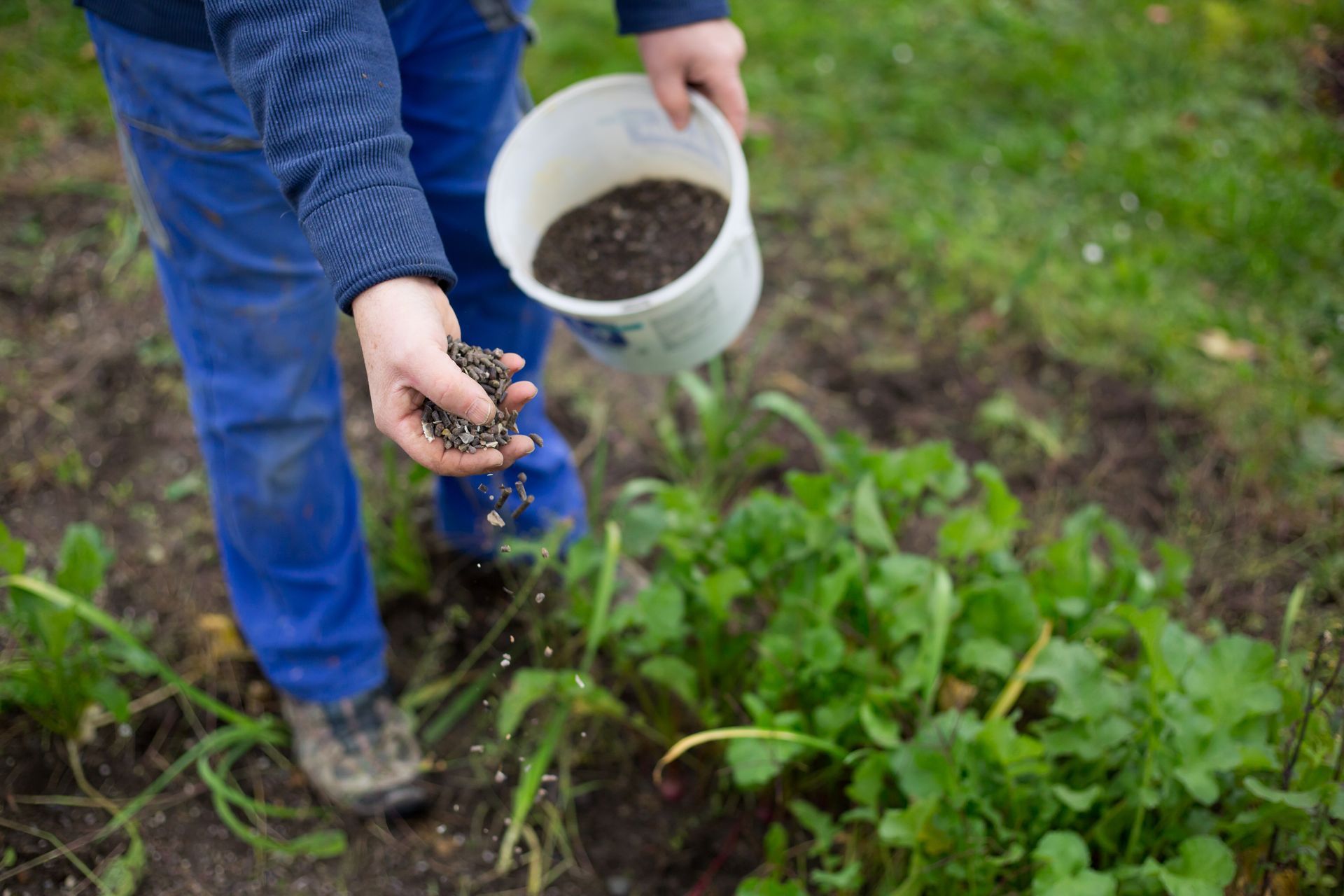
Understanding Organic Fertilizers: The Natural Choice
Organic fertilizers have been around for centuries, often celebrated for their natural composition and environmentally friendly properties. If you’re looking for a way to nurture your trees without resorting to synthetic chemicals, organic tree fertilization might be the way to go.
What Are Organic Fertilizers? Organic fertilizers are derived from natural sources such as compost, manure, bone meal, and fish emulsion. They work by slowly releasing nutrients into the soil, promoting healthy root growth and enhancing the overall soil structure.
Pros of Organic Fertilizers:
- Soil Health: Organic fertilizers improve soil structure and increase its ability to retain moisture and nutrients.
- Sustainable: Made from natural materials, they’re more eco-friendly and reduce the risk of harmful runoff into waterways.
- Nutrient Release: Nutrients are released gradually, providing a steady supply to trees and minimizing the risk of nutrient leaching.
Cons of Organic Fertilizers:
- Slower Results: The gradual nutrient release means it may take longer to see noticeable results compared to synthetic fertilizers.
- Cost: Organic fertilizers can be more expensive than their synthetic counterparts, especially if you’re buying in large quantities.
- Application Frequency: They may need to be applied more frequently to maintain optimal nutrient levels.
Popular Organic Fertilizers:
- Compost: Rich in nutrients, improves soil structure, and promotes microbial activity.
- Bone Meal: High in phosphorus, supports root development and flowering.
- Fish Emulsion: Provides a balanced mix of nutrients and is particularly good for leafy growth.
Synthetic Fertilizers: The Fast-Acting Solution
Synthetic fertilizers are known for their efficiency and quick results. Made from chemically manufactured compounds, they’re designed to provide a targeted nutrient boost to plants and trees.
What Are Synthetic Fertilizers? Synthetic fertilizers are produced through chemical processes and contain precise concentrations of nutrients like nitrogen, phosphorus, and potassium (N-P-K). They’re often available in granular or liquid form and are engineered for fast absorption by plants.
Pros of Synthetic Fertilizers:
- Quick Results: Nutrients are readily available, so you’ll see faster growth and greening in your trees.
- Cost-Effective: Generally cheaper than organic options and available in various formulations to suit specific needs.
- Precise Application: Easy to apply in exact amounts, allowing for controlled nutrient delivery.
Cons of Synthetic Fertilizers:
- Soil Health Impact: Overuse can lead to soil degradation and reduced microbial activity.
- Environmental Concerns: Risk of nutrient runoff, which can contribute to water pollution and algae blooms.
- Dependency: Can create dependency, requiring regular application to maintain tree health.
Popular Synthetic Fertilizers:
- Urea: High in nitrogen, promotes rapid leaf growth.
- Superphosphate: Provides phosphorus for root development.
- Potassium Nitrate: Supplies potassium, which supports overall plant health and disease resistance.
Comparing Organic and Synthetic Fertilizers: Which One’s Right for You?
When deciding between organic and synthetic fertilizers, it’s important to consider your specific needs and preferences. Here’s a quick comparison to help guide your decision:
Nutrient Delivery:
- Organic: Slow and steady; improves long-term soil health.
- Synthetic: Fast and targeted; immediate results.
Environmental Impact:
- Organic: Generally more eco-friendly and sustainable.
- Synthetic: Potential for environmental harm if overused.
Cost and Application:
- Organic: Typically more expensive and may require more frequent application.
- Synthetic: Often cheaper and requires less frequent application.
Tips for Successful Fertilization
To get the best results from your chosen fertilizer, follow these expert tips:
- Test Your Soil: Before applying any fertilizer, test your soil to determine its nutrient needs. This will help you choose the right product and avoid over-fertilizing.
- Follow Instructions: Adhere to the recommended application rates and methods to prevent nutrient imbalances and protect your trees.
- Monitor Tree Health: Regularly check your trees for signs of nutrient deficiency or excess and adjust your fertilization practices accordingly.
- Combine Methods: Consider using a mix of organic and synthetic fertilizers to balance immediate results with long-term soil health.
Ready to Give Your Trees the Best Care?
If you’re ready to enhance your tree care routine with expert fertilization, contact Lamb Family Tree Care LLC. Our team in Montville, CT, is dedicated to providing top-notch
tree planting,
tree removal, and trimming services, ensuring your trees receive the best care possible.
Get Professional Help with Tree Fertilization in Montville, CT
Maintaining healthy and thriving trees requires more than just a sprinkle of fertilizer—it takes knowledge and experience. At Lamb Family Tree Care LLC, we’re here to help you navigate the world of tree care with expert fertilization services. Our team in Montville, CT, is equipped to handle all your tree needs, from planting to trimming, ensuring your trees stay healthy and vibrant year-round. We offer tree removal as well.
Don’t leave your trees’ health to chance. Call us today at
(860) 752-0488 and let our professionals provide the care and attention your trees deserve. From choosing the right fertilizers to applying them correctly, we’ll ensure your trees receive the nutrients they need to thrive.
FAQs
How do I know if my trees need fertilization?
Signs that your trees need fertilization include yellowing leaves, poor growth, and reduced flowering or fruiting. Soil testing can provide a definitive answer.
Can I use both organic and synthetic fertilizers together?
Yes, you can combine both types for a balanced approach, but make sure to follow recommended application rates to avoid over-fertilization.
How often should I fertilize my trees?
Generally, trees should be fertilized once or twice a year. However, the frequency can vary based on the tree species and soil conditions.
What’s the best time of year to fertilize trees?
The best time to fertilize is during the tree’s active growing season, typically in spring or early summer. Avoid fertilizing in late fall or winter.
Are there any risks associated with over-fertilizing trees?
Over-fertilizing can lead to nutrient imbalances, increased susceptibility to pests and diseases, and environmental pollution. Always follow application guidelines.
